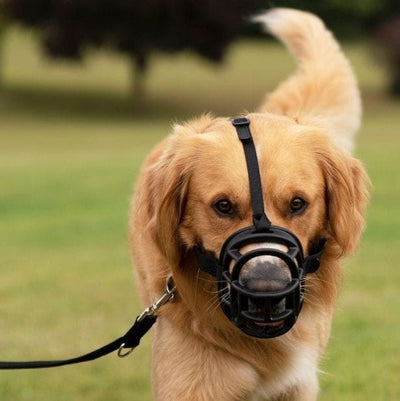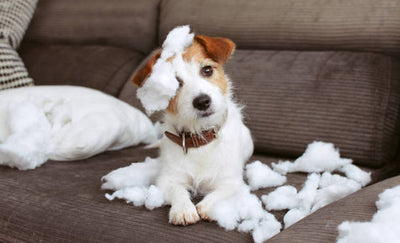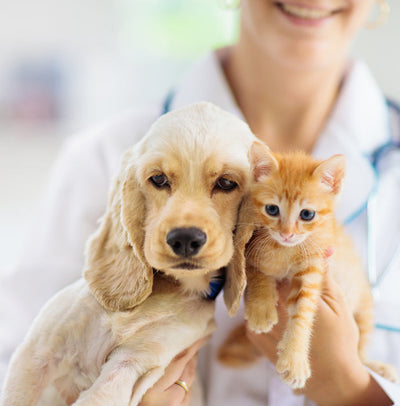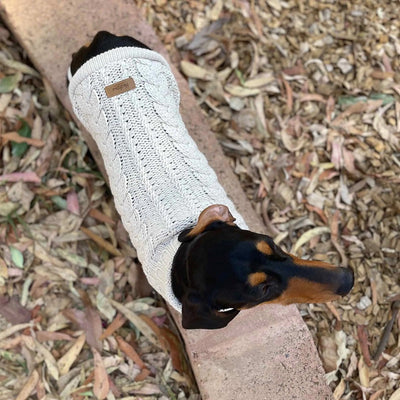What is puppy socialisation?
As we understand more about our relationship with dogs, one of the areas that we know is important in giving new puppies the best chance of leading a happy confident life is ensuring that they are well socialised.
The socialising window is when pups are between the age of 3-20 weeks. This is the most effective time to help puppies learn how to relate appropriately to people and other animals. There is nothing too difficult about socialising a puppy. You simply need to expose your puppy to new experiences and people in a safe supported way.
Even after 20 weeks, make an effort to expose you pup to new experiences in its 1st year because in the end you’ll be rewarded with a dog that is social, safe around others and loves being out with you.
Most pups come home at about 8 weeks of age and are up for anything. However you should allow your puppy to settle in a few days before getting stuck into socialising. Pet parents are often concern about the risk of puppies getting an infection or illness because they are not fully vaccinated.
Care should be taken where you take your pup and avoiding placing like dog parks is a good idea until they are fully vaccinated. If they are meeting other dogs, just check with the owners that they are up to date with their vaccinations.
Tip 1. Meet the humans
Always remember that your pup lives in a human world not the other way around and that you’re responsible for their actions at all times. Where possible, your pup should meet people of different ages including children, especially those that they will be involved with regularly throughout their life.
Nearly all pups enjoy meeting people, and most people enjoy meeting puppies! In fact people are so excited that they often want to pick up the pup. It's best though if you ask them to crouch down to your pups level to say hello and let the pup come to them. We know that puppies benefit neurologically from being cuddled and handled safely. Handling exercises which are a part of ENS – Early Neurologic Stimulation help to condition pups to being around people, being patted and/or picked up. Puppies who have had this stimulation are often better able to handle stress later in life, both physically and mentally.
Of course, children and adults that own a puppy or dog also benefit enormously when it comes to good mental health! In fact, studies have proven that the attachment between a child and their dog can have a range of positive outcomes, including better well-being, quality of life and compassion towards animals.
Tip 2. Meet the hounds
Most dogs enjoy each other’s company and although we may not be able to see it, they are sending lots of cues and information to each via their body language. These skills and interpretations are learnt when they interact with other dogs. It is important to allow this interaction to occur even if a little yelping is involved because this how puppies learn about limits and behaviour around other dogs.
If you are unsure about an introduction with another dog, make sure that both dogs are on a lead but make sure that the lead's are loose. A good place to meet is somewhere neutral to avoid any territorial behaviour. Another useful tip is to to take introductions slowly, perhaps walk near one another within a safe distance, then allow them to cross paths and smell where the other dog has been. Always check the cues that each dog is displaying before taking things further.
Tip 3. Attend Puppy Preschool
If your new or haven’t owned a puppy for a long time or you lead a very busy lifestyle, a good way to supercharge your socialisation is to attend puppy preschool. Puppy Preschool is where a group of puppies usually no less than 3 and no more than 6 get together for about 3 sessions to learn the basic commands and interact with each other in safe supervised environment. Puppies attending usually need to be at least 8 weeks old and no older than 16 weeks.
Puppy preschool is a great opportunity for owners to learn how to manage their pup, providing them as well as other family members, with the skills and confidence to continue this throughout the pups life. Your expert trainer will also be able to provide sound advise on toilet training, basic commands and sleeping or settling problems! You won't be alone in your puppy preschool class, many other participants will be experiencing similar things to you.
Tip 4. See the outside world
Aside from the humans and the hounds, there are lots of other things that your puppy will encounter in it's life. Try to think about places your puppy may go with your and visit these during the socialisation period. Visiting the vet or the dog groomer (if your pet will require grooming) should be high on the list. Early pleasant experiences in these types of environments will continue to build confidence in your pup.
Finally expose them to day to day noises and activities around the house. This might include the washing machine, vacuum cleaner and other household appliances and activities.
Make sure that your pup has plenty of chewing stimulation as well. Pup's just like toddlers will explore the world with their mouth, preparation and supervision is crucial to manage this. Chew tows and meaty bones can help with teething, exploring and mental stimulation. Always supervise and check any chew toy or bone for wear and tear. Remember to replace these once they show signs of deteriorating. It is also a good idea to provide a variety of chew toys with different textures and stimulation to avoid boredom.
Be aware of anything in your pets backyard area that could be hazardous. There are some plants and household items that are toxic to dogs so it is better to be aware and avoid these if possible. Any other garden supplies should also be kept out of a puppies reach. Often, these will smell wonderful to your pup but may not be good for them if they start to chew or ingest these products.As pet owners, we see the benefit and reward of early socialisation on our dogs. It's this foundation work that set up early strengthens our bonds with our for for life.
How much does puppy preschool cost?
Often this will depend on the type of class offered & the number of students per class. We recommend sourcing a class with no more than 6 puppies enrolled. Please call us for bookings and pricing at the store
Email: admin@weknowpets.com.au
Bookings for Puppy Preschool in the Southern Highlands can be made on 02 48621175.
4/72-76 Station St Bowral NSW 2576
PH: 024862 1175
© weknowpets 2019





